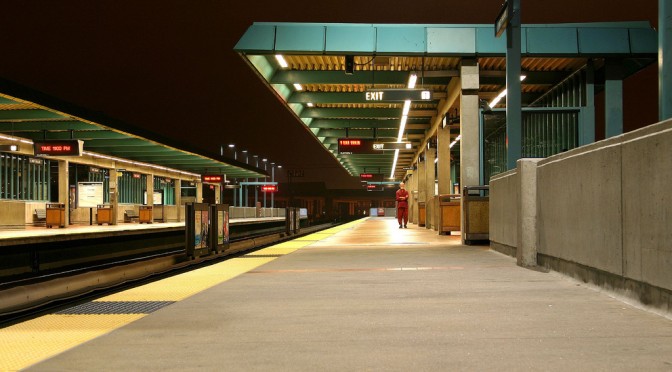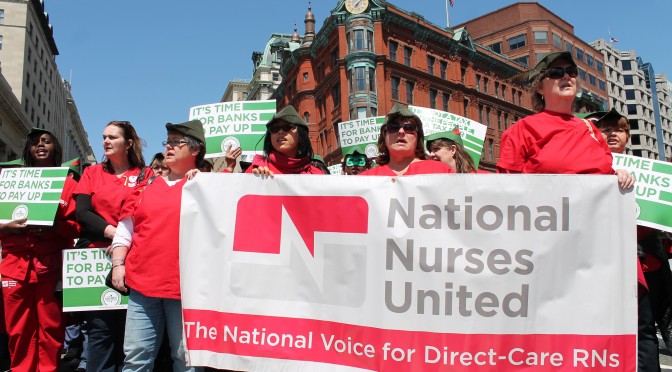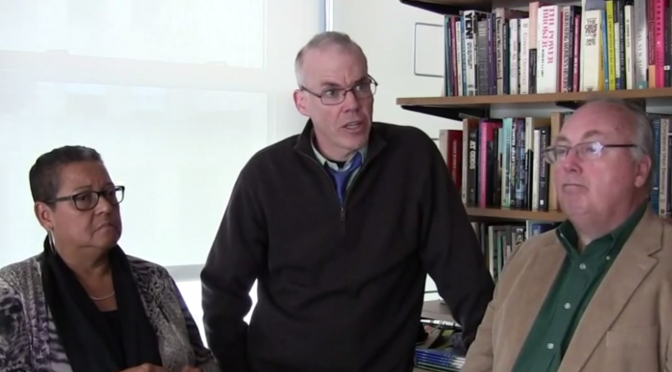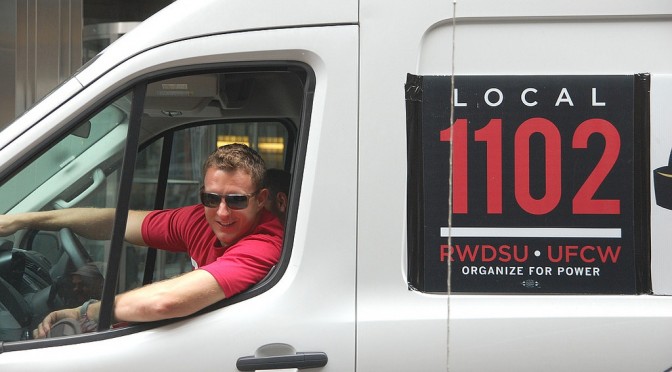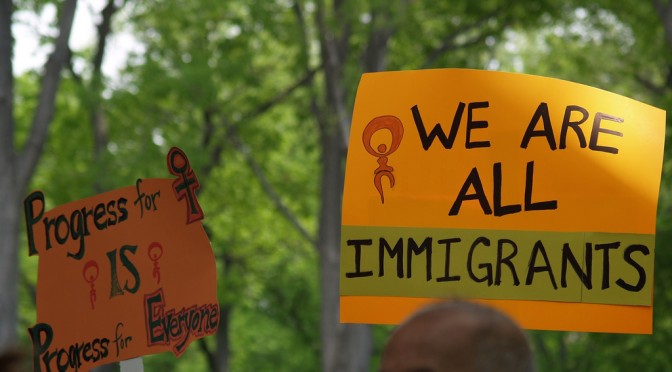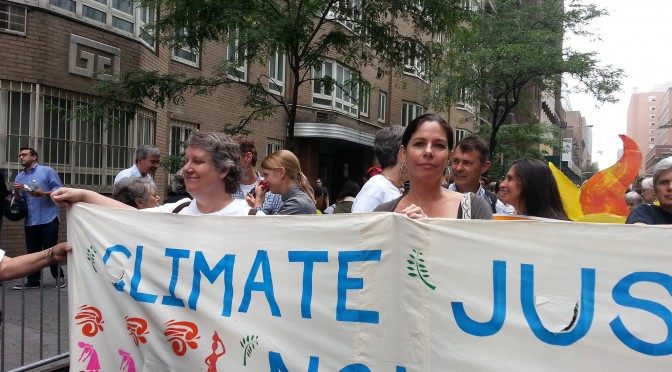This article was originally featured in Monthly Review Zine.
By Kafui Attoh
“Once labor has been embodied in instruments of production and enters the further process of labor to play its role there, it may be called, following Marx, dead labor [. . .]. The ideal toward which capitalism strives is the domination of dead labor over living labor.” — Harry Braverman “[T]here are no jobs on a dead planet.” — Bill McKibbenIn a recent essay in New Labor Forum, authors Jeremy Brecher, Ron Blackwell, and Joe Uehlein urge the labor movement to take a more active role in the fight against climate change. Many unions, they lament, have been reluctant to engage the issue, and indeed others have actively taken positions at odds with the climate movement’s most basic tenets. Where unions have been asked to choose between job security and the environment, many have understandably chosen the former. In this fraught context, the authors argue that unions must not only work to reveal the “jobs versus environment” choice as a false one, but that they must do so by developing a climate protection strategy of their own. Continue reading Dead Labor on a Dead Planet: The Inconvenient Truth of Workers’ Bladders

